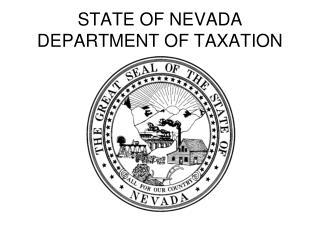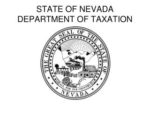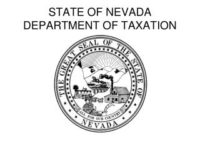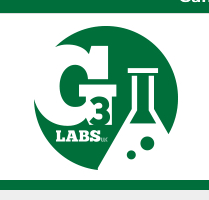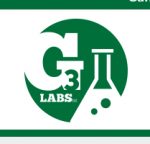When Nevada legalized adult use sales this past summer, the market exploded and undoubtedly flooded licensed testing labs with samples to get products on shelves. In August, roughly a month after the start of adult use sales, a Las Vegas cannabis-testing lab, G3 Labs, had their license suspended for an unknown compliance issue.
“We can’t disclose the details of the suspension, including anything about penalties,” said Klapstein. “Under NRS 360.255, the information is confidential.”Then in late December, the Nevada Department of Taxation, one of the bodies tasked with regulating the state’s industry, announced in an email they suspended two more cannabis testing lab licenses. Certified Ag Lab in Sparks, Nevada and Cannex Nevada, LLC, in Las Vegas (also known as RSR Analytical Laboratories) both had their licenses suspended on December 22 and December 26 respectively.
Stephanie Klapstein, spokeswoman for the Department of Taxation, told the Reno Gazette Journal that both of those labs were not following proper protocols. “During separate, routine inspections, Department inspectors discovered that these two labs were not following proper lab procedures and good laboratory practices,” says Klapstein. “Their licenses were suspended until those deficiencies were corrected.”
According to the Reno Gazette Journal, both of those labs had their licenses reinstated and have since resumed normal business. During their license suspension, the labs were not allowed to operate and the department directed licensed cannabis businesses to submit samples to other labs. The department also directed the suspended labs in the email to coordinate with their clients who had samples in for testing; to either have their samples transferred to a different lab or a new sample taken for another lab to test. They did note that no product recalls were deemed necessary because of the suspension.
In that same email, the department directed licensed cannabis businesses to state-licensed labs in good standing, including 374 Labs, ACE Analytical Laboratory, DB Labs, Digipath Labs, MM Lab and NV CANN Lab. But on the department’s website, it says there are 11 licensed testing labs.
Back in September when we reported on the first lab license suspension, Klapstein told CIJ that under state law they couldn’t discuss any reasons behind why they suspended licenses. “We can’t disclose the details of the suspension, including anything about penalties,” said Klapstein. “Under NRS 360.255, the information is confidential.”
Because of that confidentiality, there are a number of questions left unanswered: With three lab licenses suspended in the first six months of the Nevada’s adult use market being open, how are testing labs keeping up with the market’s pace? What did those suspended labs do wrong? Do the regulations adequately protect public health and safety?
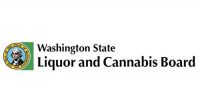 In a press release sent out earlier this month, the Washington State Liquor and Cannabis Board (WSLCB) announced they have shut down Praxis Laboratory for falsifying test results. The WSLCB, the state regulatory agency overseeing Washington’s cannabis industry, said that Praxis inflated data for potency test results on more than 1200 samples, giving samples higher THC levels than the state actually found.
In a press release sent out earlier this month, the Washington State Liquor and Cannabis Board (WSLCB) announced they have shut down Praxis Laboratory for falsifying test results. The WSLCB, the state regulatory agency overseeing Washington’s cannabis industry, said that Praxis inflated data for potency test results on more than 1200 samples, giving samples higher THC levels than the state actually found.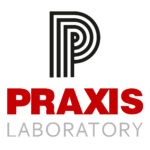 Praxis Laboratory, located in Centralia, Washington, is also accused of interfering with the investigation. “During the investigation the lab owner attempted to destroy evidence of falsified data in an effort to obstruct LCB’s ability to conduct a complete investigation,” reads the press release. “Labeling cannabis with falsely high THC potency levels is a form of consumer deception and is prohibited under Washington law.”
Praxis Laboratory, located in Centralia, Washington, is also accused of interfering with the investigation. “During the investigation the lab owner attempted to destroy evidence of falsified data in an effort to obstruct LCB’s ability to conduct a complete investigation,” reads the press release. “Labeling cannabis with falsely high THC potency levels is a form of consumer deception and is prohibited under Washington law.”

